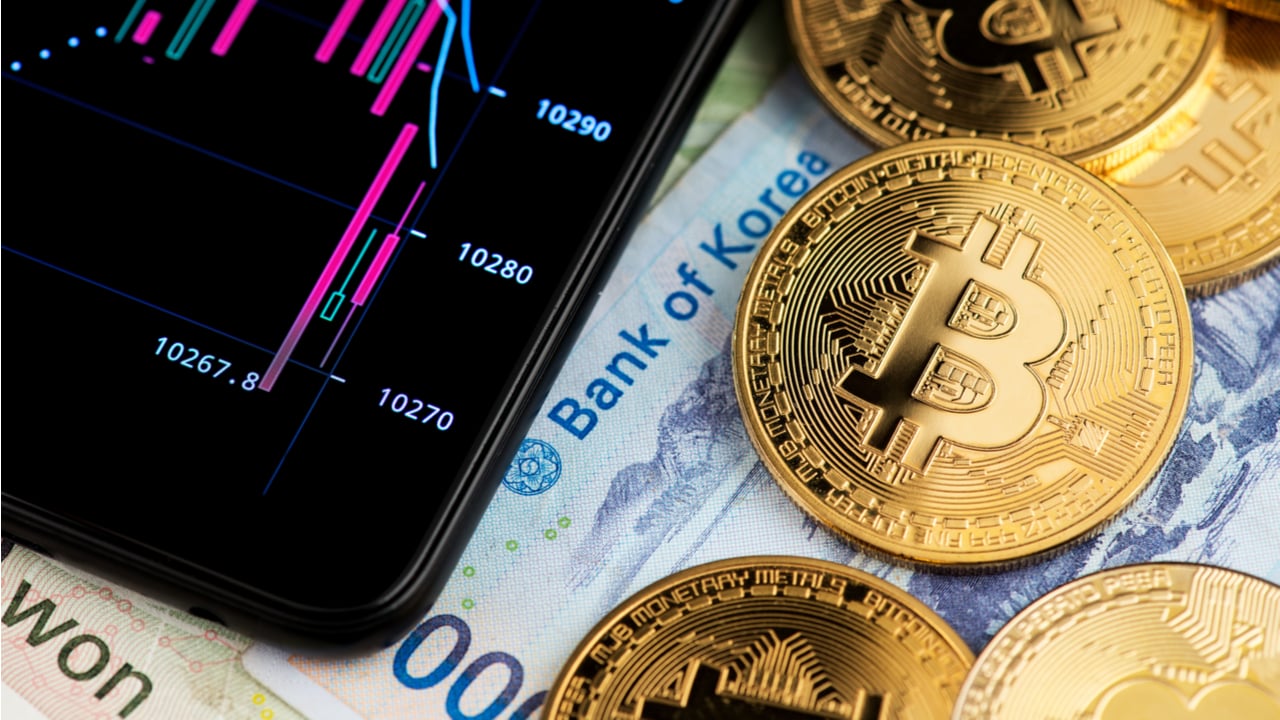
Korean banks will need to classify crypto exchange clients as ‘high risk’
A further tightening of cryptocurrency regulation in South Korea is underway, with new rules for banks and crypto exchange operators. New rules announced by South Korea's Financial Services Commission, or FSC, are expected to affect around 60 unauthorized cryptocurrency exchanges in the country and a new policy for banks will require that they classify any crypto exchange clients as “high risk.”According to the Korea Times, the new guidelines were announced on Sunday and are intended to ensure that crypto exchanges strengthen their monitoring of transactions and uphold strong user ID....
Related News
Exchange tokens are falling under the scrutiny of South Korean regulators. The increased regulatory scrutiny that befell South Korea’s cryptocurrency space in recent times appears to have extended to include exchange tokens.Exchange tokens are tokens issued by a cryptocurrency exchange that usually offer some benefit to the holder, either through reduced trading fees, regular token burns or other means. According to a report by Arirang on Thursday, cryptocurrency exchanges are being prohibited from handling any coins or assets issued by themselves. The law also extends to any assets issued....
Banking institutions in South Korea have reportedly requested to not be held accountable for crimes linked to cryptocurrencies such as money laundering. According to local media, financial regulators are now developing rules that could relieve Korean banks from responsibility when screening the crypto exchanges they work with. New Guidelines to Appease South Korean Banks Korean Banks remain reluctant to open real-name accounts for traders on domestic cryptocurrency exchanges, the Korea Herald wrote on Sunday. The reasons hide in recently adopted regulations obliging the trading platforms....
South Korean banks are taking steps to bring cybersecurity to a new level as they try to keep up with fintechs and address new threats arising from their interaction with the crypto space. A number of institutions are adopting unprecedented measures including the integration of blockchain technologies, Korean media reported. South Korean Banks Boost Cybersecurity to Facilitate Digitalization Faced with challenges stemming from the digitalization of the financial sector, commercial banks in South Korea are stepping up their efforts to improve security in the cyberspace. According to a....
Leading cryptocurrency exchanges in South Korea have reached agreements with Korean banks to maintain the issuance of real-name accounts, media reports revealed. The deals, although not yet permanent, will allow the trading platforms to register with financial authorities before the Sept. 24 compliance deadline. Bithumb, Coinone and Korbit Maintain Partnerships With Korean Banks Banks have reportedly agreed to keep issuing real-name accounts for South Korea’s top digital asset exchanges. The arrangements will still need to be finalized but the received confirmations will allow the....
U.S.-based crypto trading platform Bitfront is going to discontinue services in South Korea before stricter rules for the industry are enforced in September, Korean media reported. The exchange, a subsidiary of Japanese tech giant Line, is currently available to Korean traders. Line’s Bitfront Exchange to Discontinue Services for Korean Cryptocurrency Traders With tighter regulations on the horizon, digital asset exchange Bitfront is reportedly joining those platforms that are planning to pull out of South Korea’s cryptocurrency market. The U.S.-registered entity, which was....





